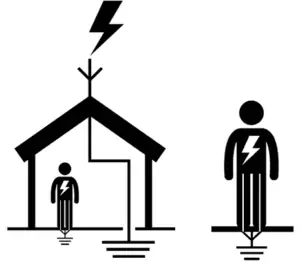What is mindfulness?
Right now, practicing mindfulness is all the rage. And what is mindfulness, exactly? It’s putting intentional focus on something you are doing. Which might sound like paying attention. But actually, they’re not the same.
When you pay attention to what you are doing in the traditional sense, you are completely absorbed by what you are doing. You are so involved that you are not aware of what you’re doing at all. Mindfulness is different.
In a way, mindfulness is a self-consciousness of what you are doing while you are doing it. It’s a “meta” experience.
For example, take a sip of your drink if you have one. Did you focus on the experience or did you do it automatically? Automatic movements are not mindful. And movements that are not mindful cannot be modified.
Why mindfulness is the foundation of change
So, if you are trying to modify the way you do something in your life, you first have to see all the movements of the way you do that thing. Which might sound easy if you’re talking about how you tie your shoe or button your shirt.
However, if you’re talking about how to change the way you interact with your sweetheart, your children, or your co-workers, things get a little more complicated.
Seeing all the movements that go into your interactions with or predictions about those people, requires seeing processes inside yourself that are largely invisible to you. It often requires that you see things about yourself that you’d rather not see and rather not admit to.
The thing is, you cannot change what you cannot see. If you want to avoid a cliff when you’re driving a car, you need to see the cliff and turn your steering wheel. If you can’t see your own emotional cliffs, you can’t turn your behavioral steering wheel and you’re likely going to have an interpersonal disaster on your hands.
How Therapy Builds Mindfulness
Now, therapy. Since it’s all about seeing how you do you, internally and in relationship, it is in essence a massive exercise in mindfulness.
Even the old-fashioned name for it, “psychoanalysis,” is a tip-off to the reality that therapy is about mindfulness. When you analyze something, you examine it methodically. You discover or reveal things through detailed examination.
So, when you enter therapy, you start getting all self-aware. You begin to reveal the moments that cause you to do things the way you do them. Your automatic process can be deconstructed. You now have a choice about whether you keep doing things the same way or change them because there’s a better way.
It all starts by noticing, not just your thoughts but also the sensations in your body; things such as pain, contraction, tingling, vibration, temperature, numbness, and motility.
And a major factor in this noticing business, is to do so without self-judgement. Just let yourself notice.
These are the first steps in building self-awareness, so you can gain the capacity to change your behavior. And ultimately get what you want out of life.
Ready to get what you want? Contact me. We’ll talk.
Contact me now to arrange your free 15-minute phone consultation.










